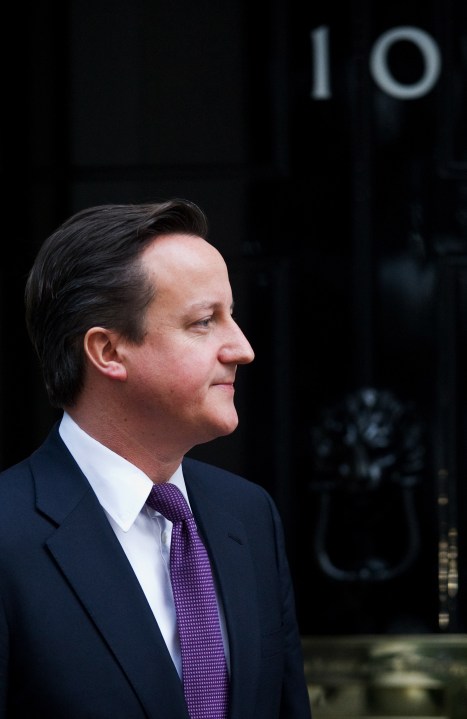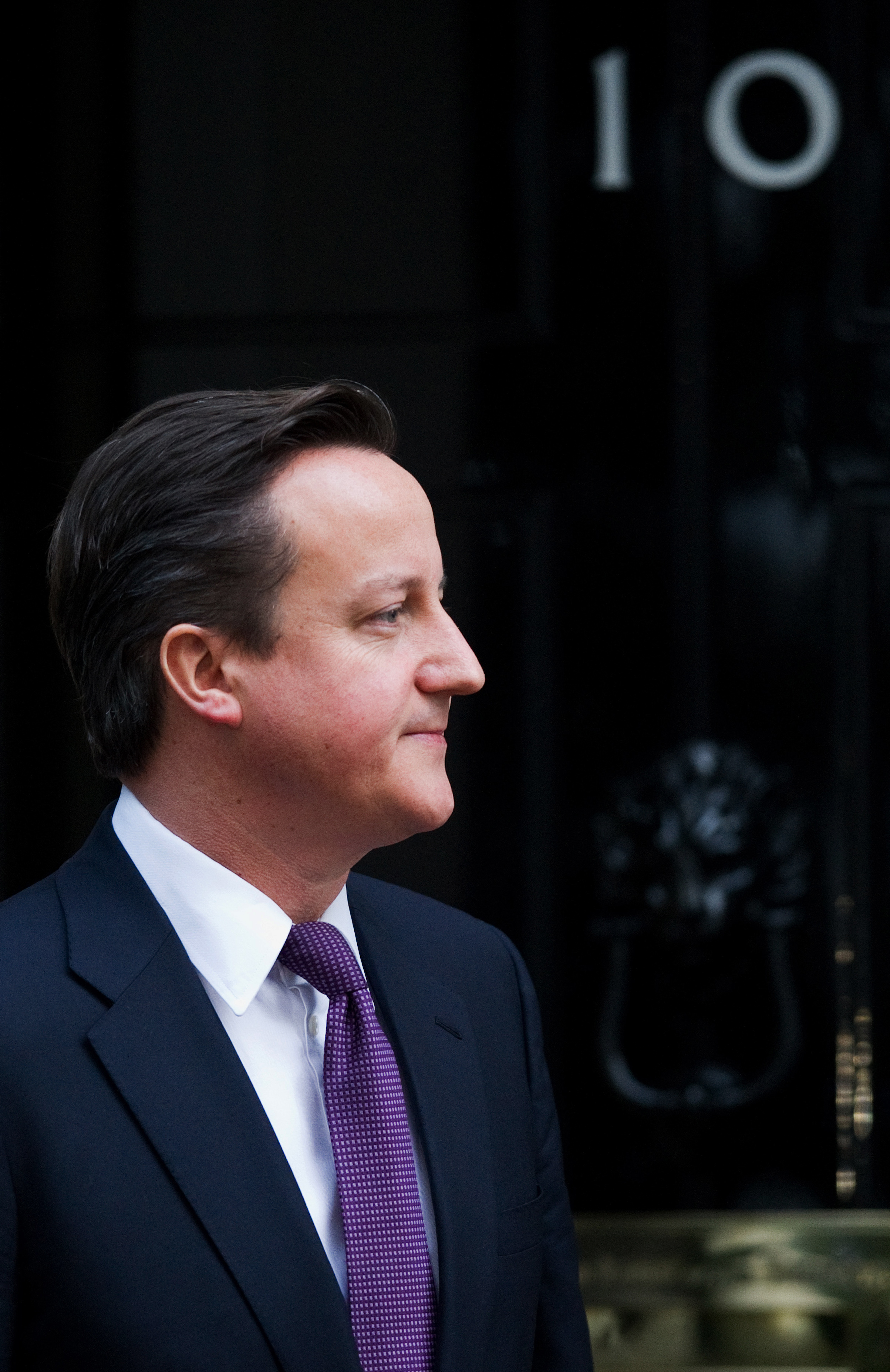James has already blogged the Sunday Telegraph’s interview with David Cameron, but some other things stand out from it
— and not just the PM’s unthinking attack on Ed
Balls either, for which he has since apologised. Take these paragraphs on tax, for instance:
‘The Prime Minister effectively rules out any move towards a “mansion tax” — a levy on high-priced properties proposed by the Liberal Democrats — or indeed any
new tax on wealth. “I don’t believe, generally speaking, we should be looking at endless additional taxes.”However, he signals that the 50p top rate of income tax, on earnings above £150,000, will remain for the time being, despite calls from leading Tories to scrap it on the grounds that
it penalises enterprise.Mr Cameron says ministers “have to go on demonstrating” that they are making those with the broadest shoulders accept the greatest burden in reducing the deficit.
“When you’re taking the country through difficult times and difficult decisions you’ve got to take the country with you. That means permanently trying to make the argument
that what you’re doing is fair and seen to be fair.”’
True, none of that is particularly suprising. Nick Clegg has, a few days ago, already played
down the prospect of a mansion tax or any wealth tax at all. And last November Cameron
suggested that the 50p tax is a ‘fair’ policy.
Yet it does illustrate the muddle that Cameron could get into when it comes to tax and ‘fairness’.
His position, at the moment, appears to be that the 50p tax is a keeper — and presumably because it’s ‘fair’, in that it theoretically raises revenue at the expense of the most,
rather than the least, well-off.
But how does that chime with the Treasury’s official position, which is to judge
the 50p tax on the basis of a review into its revenue-raising potential, expected in April? It could be that it does raise more revenue for the Exchequer than a 40p rate — which is fine. But
it’s also feasible that it could raise less money; creating a shortfall that would need to be made up by tax hikes or spending cuts elsewhere, perhaps falling on the less well-off.
And then how would Cameron respond? Would he scrap 50p on the basis that it’s ‘unfair’ overall? Or would he keep it for the presentational reason that it’s ‘seen to be
fair’? From what he’s said today it’s unclear, although it does sound more like the latter.
These are important questions less because of the 50p rate itself, and more because of what they mean for Cameron’s general case for fairness. I wrote about how the coalition could develop that case back in August 2010, and still the main
confusion exists: between actual fairness and presentational fairness. In the next few months, we could find out which side of that divide is really more important to Cameron.
UPDATE: Monday morning’s Daily Telegraph reports that the HMT review into 50p is
‘expected to show a “surge” in revenues’ — so the government is expected to keep it, and this won’t be the test case I suggested it might. But that divide between
presentational and actual fairness is still worth keeping an eye on, as it will crop up elsewhere. Do those income decline charts represent actual fairness, for instance? Or
presentational fairness?







Comments